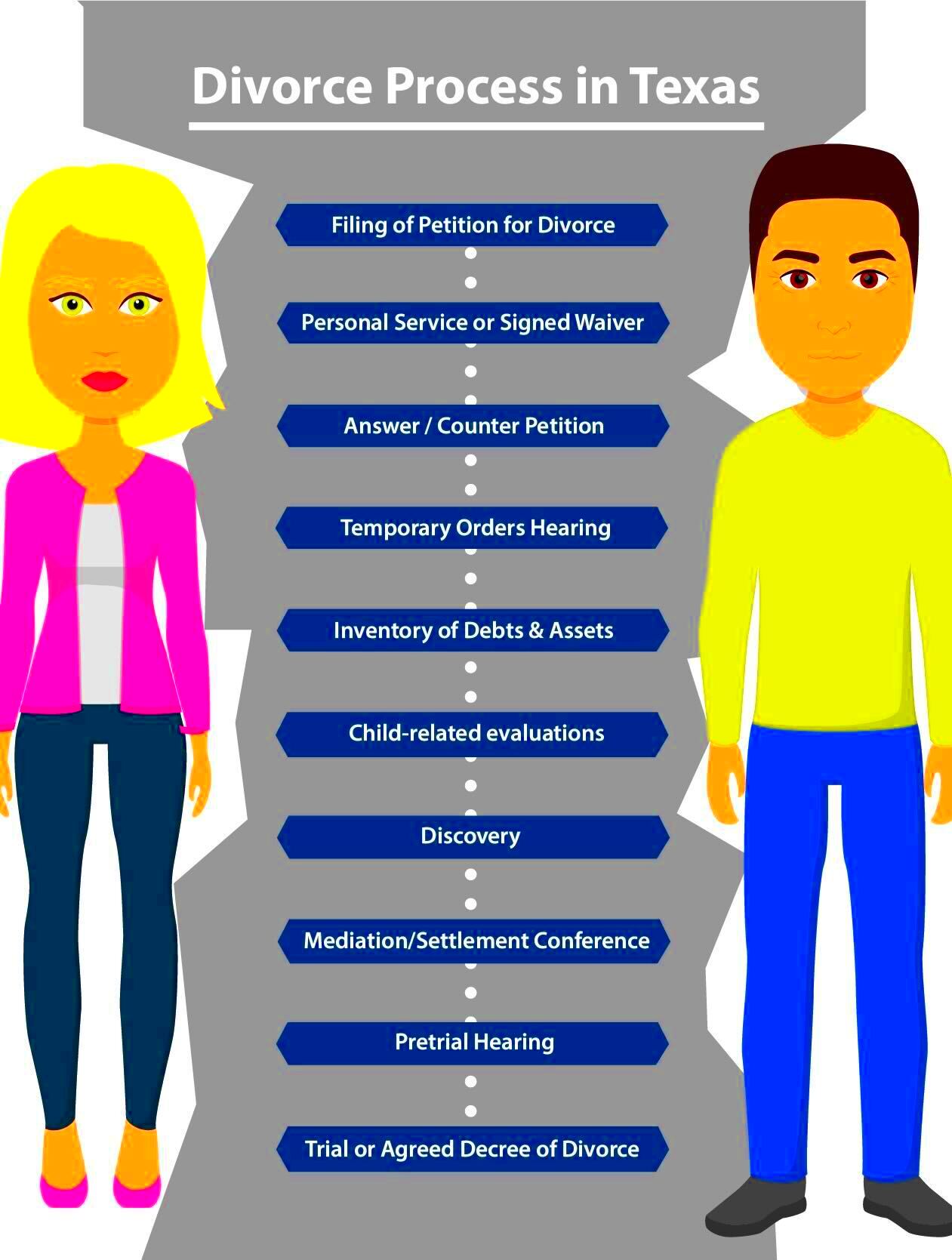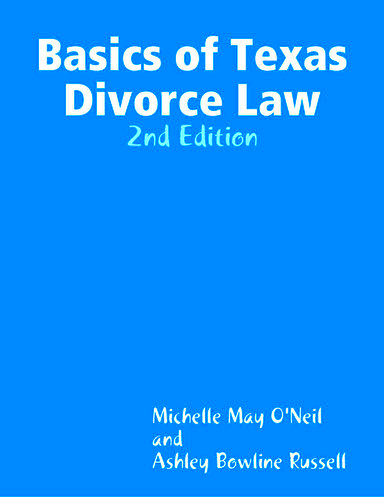Texas Divorce Laws and Adultery Explained
Divorce can be a complex and emotionally challenging process, especially in Texas where specific laws guide the procedure. Texas is a no-fault divorce state, which means that one spouse does not need to prove wrongdoing by the other to obtain a divorce. However, various factors can influence the outcome, especially if adultery is involved. Let’s break down the key elements of Texas divorce laws.
What is Adultery in Texas

In Texas, adultery is defined as a voluntary sexual relationship between a married person and someone who is not their spouse. This act is considered a violation of the marriage vows and can have significant implications during divorce proceedings.
Here are some important points about adultery in Texas:
- Emotional Impact: Adultery can lead to deep emotional wounds and can complicate the divorce process.
- Legal Definition: It is crucial to understand that mere suspicion of adultery is not enough; evidence is required to prove it.
- Adultery vs. Other Grounds: Texas recognizes both no-fault and fault-based grounds for divorce. Adultery falls under fault-based grounds.
Grounds for Divorce in Texas

Texas law allows couples to file for divorce based on several grounds. The main categories include:
- No-Fault Grounds: The most common reason is “insupportability,” where the marriage has become intolerable and cannot continue.
- Fault-Based Grounds: These include adultery, cruelty, abandonment, and felony conviction. Each of these can impact property division and spousal support.
In cases of fault-based divorce, the court may consider the nature of the misconduct, such as:
| Grounds | Description |
|---|---|
| No-Fault | Insupportability without any claims of misconduct. |
| Adultery | Engaging in sexual relations outside the marriage. |
| Cruelty | Inflicting mental or physical harm on the spouse. |
Understanding these grounds is essential for anyone considering divorce in Texas, as they can significantly influence the legal proceedings and the outcomes.
How Adultery Affects Divorce Proceedings
When adultery enters the picture, it can significantly impact divorce proceedings in Texas. Unlike a no-fault divorce, where neither party is blamed for the breakdown of the marriage, a fault-based divorce can introduce emotional and financial complications. Let’s take a closer look at how adultery influences various aspects of the divorce process.
Here are some key areas where adultery can have an effect:
- Property Division: In Texas, property is divided based on community property laws. If adultery is proven, it can influence how the court divides assets, potentially leading to a more favorable division for the innocent spouse.
- Spousal Support: Adultery can affect alimony decisions. The court may consider the adulterous behavior when determining whether to award spousal support and how much.
- Child Custody: While the primary focus in custody battles is the child’s best interests, evidence of adultery can raise concerns about moral fitness and stability, potentially influencing custody arrangements.
Overall, while adultery can complicate the divorce process, it is essential to approach the situation with a clear understanding of your rights and options.
Legal Consequences of Adultery
The legal implications of adultery can be far-reaching and may affect both the divorce proceedings and future financial obligations. Here are some of the most common legal consequences:
- Division of Assets: Courts may consider adultery when determining how to split community property. The spouse who committed adultery might receive a smaller share of the marital assets.
- Spousal Support Limitations: Adultery may lead to reduced or denied spousal support for the adulterous spouse, especially if the other spouse can prove it had a significant impact on the marriage.
- Child Custody Issues: While not always a deciding factor, the presence of adultery can lead to more scrutiny over a parent’s ability to provide a stable home environment for the children.
It’s crucial to consult with a legal professional to understand the specific consequences that may apply in your situation.
Proving Adultery in Court
Proving adultery in a Texas court can be a challenging task, but it’s necessary if you want to use it as a basis for a fault-based divorce. Here are some steps and considerations to keep in mind when gathering evidence:
- Gathering Evidence: This can include texts, emails, photographs, or witness testimonies. Any material that demonstrates the adulterous relationship will be helpful.
- Documenting the Affair: Keep a record of dates, times, and locations that can help establish a timeline of the affair. This can be crucial in presenting your case.
- Hiring a Private Investigator: Sometimes, hiring a professional to gather evidence can provide the necessary documentation to support your claims.
In court, the burden of proof lies with the spouse claiming adultery, and it’s essential to present a strong, factual case. Adultery can be emotionally charged, but remaining organized and focused on the evidence can significantly strengthen your position.
How to Protect Your Rights During Divorce
Going through a divorce can feel overwhelming, especially when emotions run high. It’s crucial to know how to protect your rights throughout the process. Being informed and prepared can help you navigate this challenging time more effectively. Here are some practical steps you can take to ensure your rights are safeguarded.
Consider these tips:
- Consult a Lawyer: Finding a knowledgeable attorney who specializes in family law is essential. They can guide you through the legal intricacies and help you make informed decisions.
- Document Everything: Keep records of financial transactions, communication with your spouse, and any evidence related to the divorce. This documentation can be crucial if disputes arise.
- Understand Your Finances: Get a clear picture of your financial situation, including assets, debts, and income. This knowledge will help you negotiate fairly during asset division.
- Be Mindful of Social Media: Avoid discussing your divorce or posting personal information on social media. Anything you share can potentially be used against you in court.
- Stay Calm and Composed: Emotions can cloud judgment. Keeping a level head can help you make rational decisions and avoid escalating conflicts.
By taking these steps, you can help protect your rights and work towards a more favorable outcome in your divorce.
FAQs About Texas Divorce Laws and Adultery
Many questions arise when dealing with divorce and adultery in Texas. Here are some frequently asked questions that may help clarify common concerns:
- Can I file for divorce if my spouse committed adultery?
Yes, you can file for divorce based on adultery, which can affect property division and spousal support. - Is Texas a no-fault divorce state?
Yes, Texas allows no-fault divorces based on insupportability, meaning that one spouse doesn’t need to prove wrongdoing. - How can adultery impact child custody?
While the focus is on the child’s best interests, evidence of adultery can raise questions about a parent’s stability and moral fitness. - Do I need evidence to prove adultery?
Yes, you must provide sufficient evidence to substantiate your claim of adultery in court. - What should I do if I suspect my spouse is cheating?
Document your observations and consider discussing your concerns with a legal professional before taking any action.
Conclusion on Texas Divorce Laws and Adultery
Understanding Texas divorce laws, especially concerning adultery, is crucial for anyone facing a marital breakdown. Adultery can complicate divorce proceedings, impacting everything from property division to child custody. By staying informed and taking proactive steps, you can protect your rights and navigate this difficult time more effectively.
Remember, consulting with a knowledgeable attorney can provide the guidance you need to make informed decisions. As you move forward, focus on what’s best for you and your family, and keep an eye on your emotional and financial well-being. Divorce is a significant life change, but with the right approach, you can emerge stronger and ready for the next chapter.


